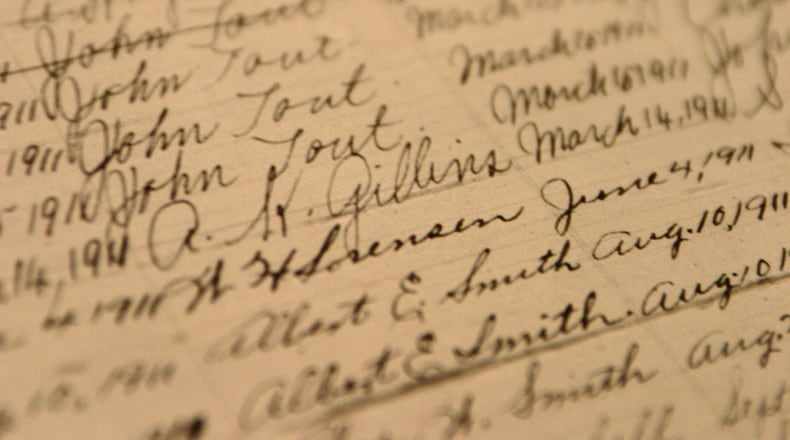Every family has its lore.
In the May/June issue of Family Tree Magazine, Richard Hite offers advice on how to analyze a family story and separate truth from fiction. The article, “Nothing but the Truth,” outlines some of the common problems with many of the stories that are handed down: They contain mistakes about a family’s ethnic origins; confusion about settlement patterns; claims about kinship ties to famous people.
Having given lectures on the same theme, I cannot agree with Hite more. Not everyone with the same surname is kin, whether famous or not. Always take any such claims with a grain of salt.
Hite suggests a four-steps process for assessing family stories:
- Evaluate what is known.
- Find records to prove or disprove the story.
- Evaluate these records to see if the story is plausible for the era, or for people of your family’s socio-economic status.
- Decide what is or is not true or provable in the story.
The author goes on to point out some of the great myths that often pop up in in family stories — such as the three brothers who came to America and then settled in different regions, the North, West and South; the “We have Native American ancestry” lore; and the one about the family name being changed at Ellis Island.
Types of directories
While hopefully everyone doing genealogy has used city directories, we should not forget about other directories found at local historical societies, libraries or archives. These could be telephone directories, which could prove where someone lived at a given time or include advertisements for a family business; alumni directories for colleges or fraternities/sororities that sometimes give mini biographical sketches on people; and credit directories, like those for Dun and Bradstreet, as I have one listing my great-grandmother’s general store giving her credit rating. If you own any, before you toss, try to donate to an appropriate place.
Marriage locations
Did any of your ancestors get married in some unusual location that would have been kind of like Gretna Green, meaning a regionally well-known place for a quick marriage? Don’t forget that crossing the state line, if the couple lived close enough, was always an option. So, let me know if you have any stories to share.
Contact Kenneth H. Thomas Jr., P. O. Box 901, Decatur, Ga., 30031 or www.kenthomasongenealogy.com.
About the Author
Keep Reading
The Latest
Featured



